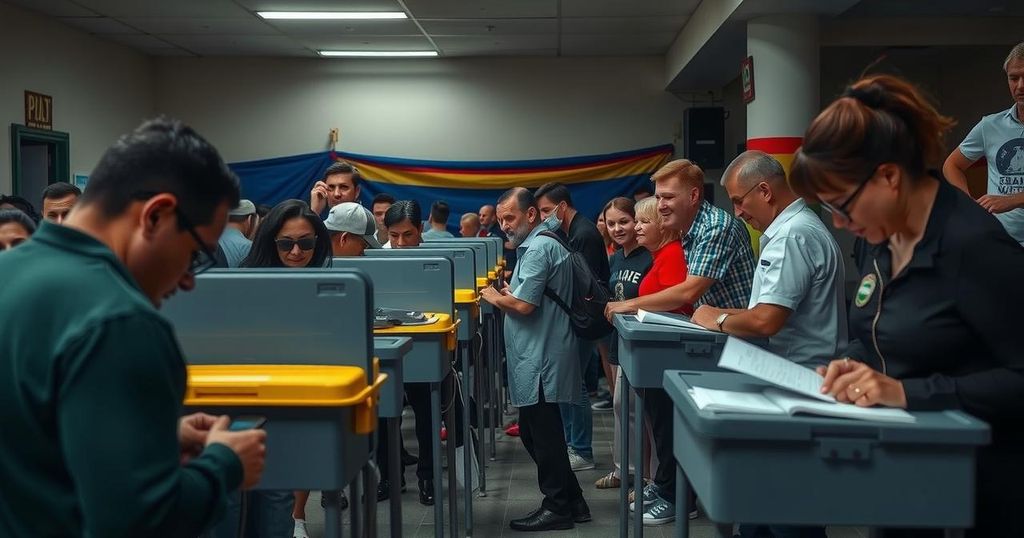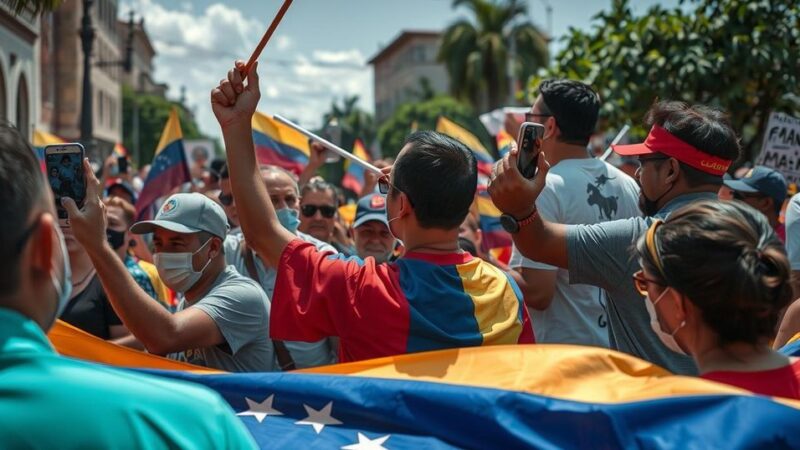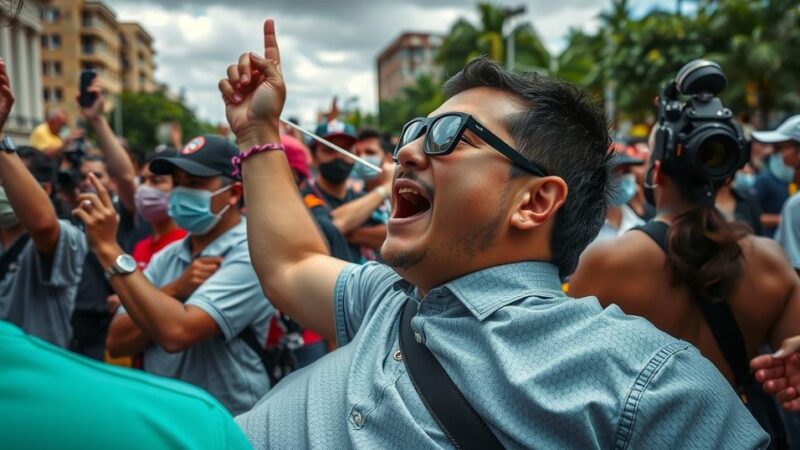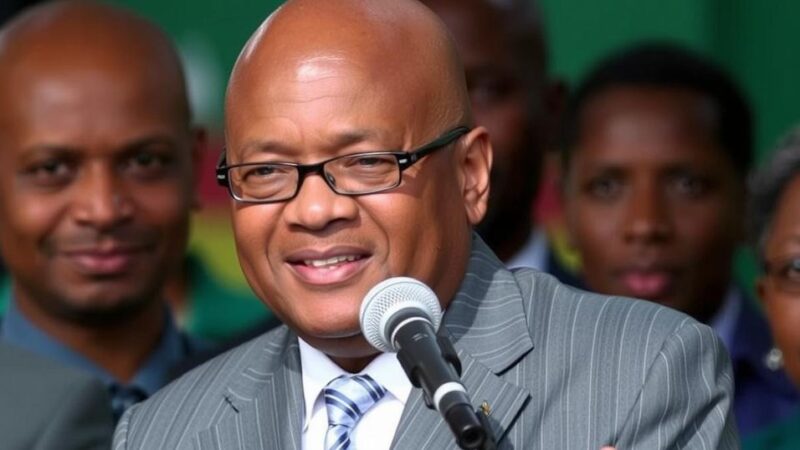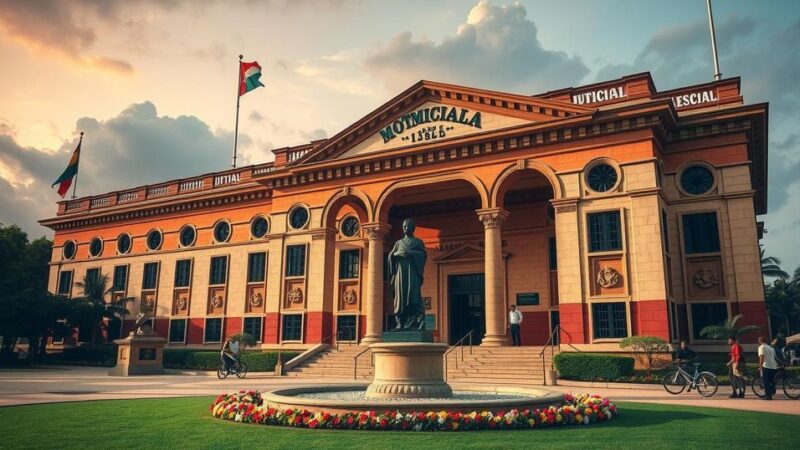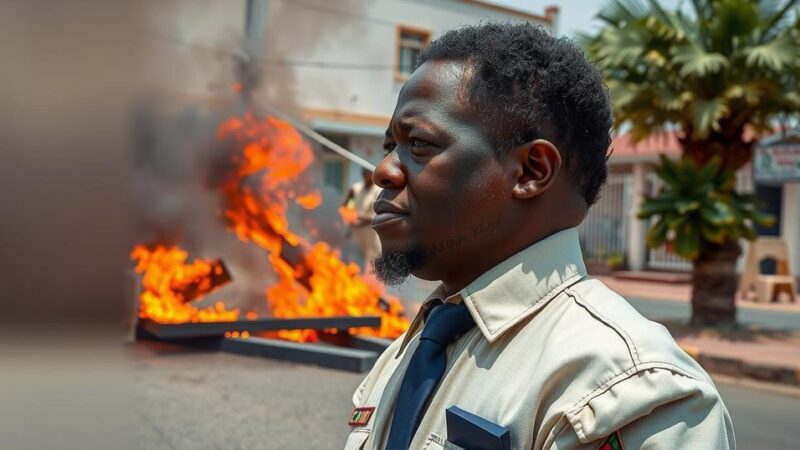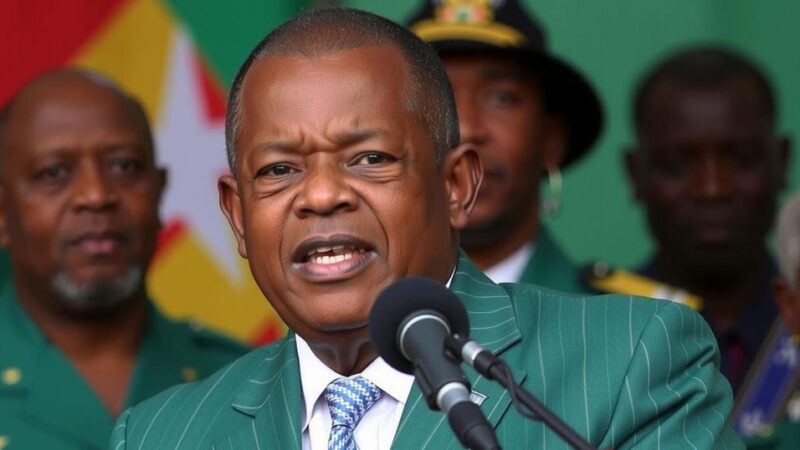Uruguay is set for a tightly contested presidential runoff between center-left candidate Yamandu Orsi and conservative Alvaro Delgado. Polls indicate a competitive race, with less than 25,000 votes potentially separating the candidates. Voter sentiment appears stable, and economic performance may influence the outcome.
In Uruguay, a nation characterized by its relaxed atmosphere, legal cannabis, and political stability, voters are preparing to participate in a decisive second-round presidential election. This election features opposition center-left candidate Yamandu Orsi and continuity conservative candidate Alvaro Delgado, whose coalition consists of previous allies. Final opinion polls suggest a highly competitive race, with the potential for only 25,000 votes to separate the candidates, making the outcome uncertain.
Uruguay’s political scene is markedly less polarized than in other South American countries, with the candidates sharing considerable common ground ideologically. Polls indicate that more than a quarter of the electorate remains undecided, with many looking to Silvio’s governance record as a deciding factor. Ballots will be cast from 8 a.m. to 7:30 p.m. local time, with initial results anticipated approximately two hours post-voting.
Yamandu Orsi, representing the Broad Front, secured 43.9% in the first round, advocating for a “modern left” policy while ensuring voters that he will not deviate dramatically from Uruguay’s moderate political tradition. Conversely, Alvaro Delgado, who captured 26.8% of the vote and garnered support from the conservative Colorado Party, is campaigning for the continuation of President Lacalle Pou’s popular governance. Despite neither coalition holding a clear majority in the lower house, Orsi’s control of the Senate is positioned as an advantage for his leadership prospects.
As the year concludes, the significance of this election lies in determining if Uruguay will differ from the international trend in which incumbent parties have witnessed a decline in electoral support, driven by economic concerns like inflation and rising living costs. Analysts suggest that the solid performance of Uruguay’s economy may favor Delgado in this election, with some voters illustrating a reluctance to endorse substantial political shifts.
Uruguay, a small South American nation, has garnered a reputation for its stable political climate, which is often contrasted with the more volatile political environments of its regional counterparts, such as Brazil and Argentina. This election cycle is significant as it marks the culmination of a notable year in electoral politics across many nations. Voter expectations are shaped by economic factors as well as the candidates’ past performances, influencing decisions in a political landscape where both ideological camps exhibit a degree of overlap.
In conclusion, the upcoming presidential runoff in Uruguay between Yamandu Orsi and Alvaro Delgado signifies not only a critical decision for the nation’s future governance but also reflects the sentiments of an electorate amid a backdrop of global political shifts. Voter engagement will be pivotal in determining the winner, particularly amidst the nation’s economic resilience and the moderate political environment.
Original Source: www.ndtv.com

